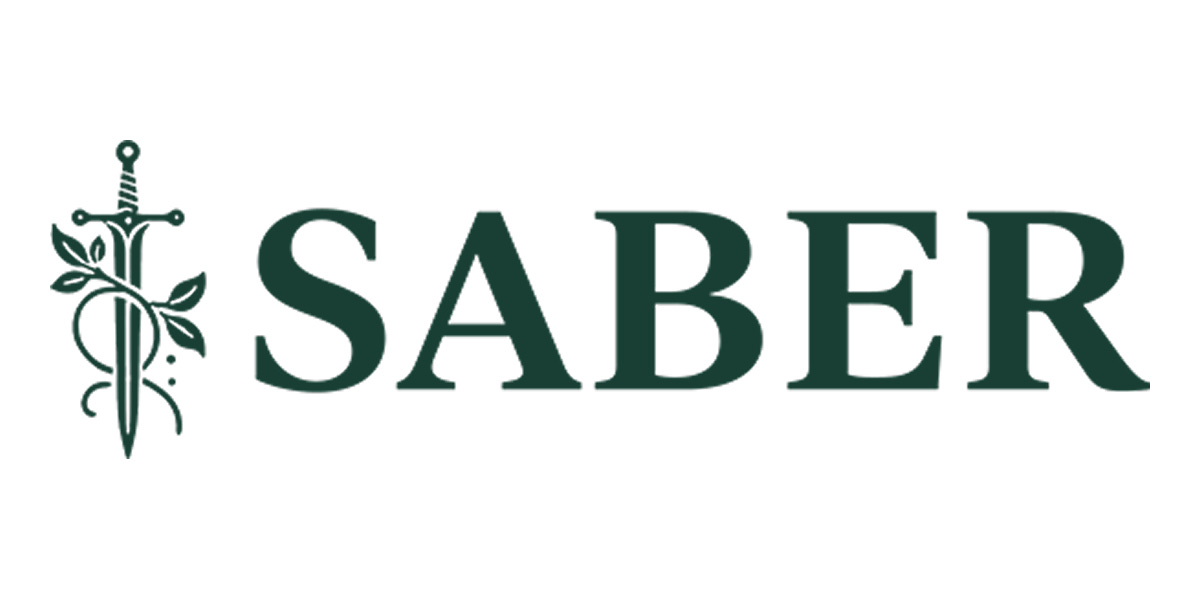CLEVELAND, OH -- The Scientific Association for Botanical Education and Research (SABER) commends the U.S. Food and Drug Administration (FDA) for issuing a critical warning letter to Hydroxie, LLC, for illegally marketing products containing 7-hydroxymitragynine (7-OH), a semi-synthetic compound with potent opioid-like effects that poses serious public health risks.
In its June 25, 2025, letter, the FDA clearly states that Hydroxie’s products, which are sold online and promoted on social media, are unapproved new drugs and adulterated food products under the Federal Food, Drug, and Cosmetic Act. The FDA’s letter highlights multiple violations, including:
The illegal marketing of unapproved new drugs marketed as a treatment option for serious conditions like fibromyalgia, osteoarthritis, and depression, without any FDA evaluation for safety or effectiveness.
Adulteration of food products by adding 7-OH, which is not generally recognized as safe (GRAS) and has never been approved as a food additive.
Consumer deception through unsubstantiated health claims and misleading testimonials.
“This decisive action by the FDA reinforces the urgent need for clear, enforceable standards to protect consumers from unsafe, unregulated, and misrepresented synthetic and semi-synthetic substances masquerading as botanicals,” said Dr. Paula Brown, a member of SABER’s Scientific Steering Committee. “Natural botanicals can be part of responsible wellness practices when regulated properly, but unapproved, high-potency synthetic derivatives like semi-synthetic 7-OH cross a line and put consumers at risk.”
The FDA’s letter further warns that products containing 7-OH have been linked to adverse events, including liver and cardiovascular toxicity, respiratory depression, and dependence.
SABER calls on federal and state regulators to build on this action by implementing science-based standards for the entire botanical industry, including:
Rigorous testing and truthful labeling
Restrictions on synthetic, semi-synthetic, or highly concentrated derivatives not found in nature
Clear consumer education on the differences between natural botanicals and dangerous synthetic analogues
“Consumers deserve safe, authentic botanical products that are responsibly manufactured and accurately represented,” said Dr. Mary Hardy, another founding member of SABER’s Scientific Steering Committee. “We applaud the FDA’s efforts to protect the public from harmful, misbranded substances and will continue to advocate for policies that uphold safety, integrity, and consumer trust.”
About Scientific Association for Botanical Education and Research (SABER)
The Scientific Association for Botanical Education and Research (SABER) is a nonprofit organization dedicated to advancing scientific understanding, regulation, and safe access to botanicals. Through research partnerships, policy advocacy, and public education, SABER works to ensure that natural products are studied responsibly, used safely, and regulated appropriately. To learn more, visit www.saberscience.org.
Media Contact
Paloma Lehfeldt
info@saberscience.org
###
SOURCE: Scientific Association for Botanical Education and Research (SABER)
Copyright 2025 EZ Newswire

